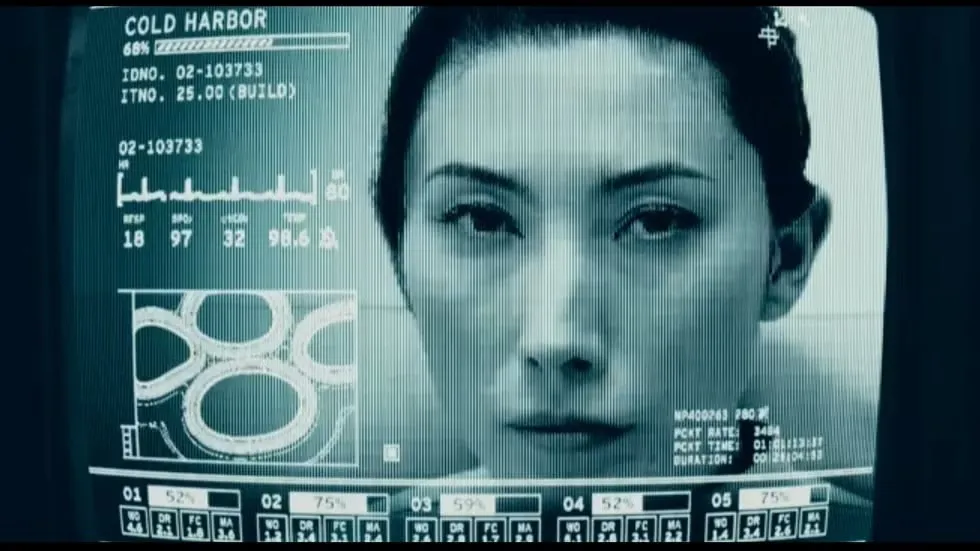Act One 101: What You Need to Know to Get Your Script Started
The first act of your story should get you the most excited...but it can be the most difficult one to write!

'Jaws'
The reason we get into writing is to see our ideas come to life...hopefully, one day, on the big and/or small screen. It's a crazy journey filled with ups and downs, but those ups feel better than anything else in the world.
To get to that moment, there's a lot of work involved. Every journey starts with the first step, and every story starts with act one.
Today I want to go over what's expected in act one and how you can crush the beginning to get to the next two acts. Check out this video from Campfire Technology and let's talk after the jump!
Let's talk about act one in storytelling
In screenwriting, we talk a lot about three-act structure. This is how many movies are laid out. The story's acts refer to the ebb and flow of the events that happen. In the beginning of the story, there are certain expectations you need to set to attract producers, directors, talent, and financing. If you don't hit them, your script is basically DOA.
So what needs to happen in act one?
There are lots of things to look for early on, like character introductions and strong scene descriptions. Mainly what act one is supposed to do is set up our world and get our story moving.
Act one has to be tight; you want to grip the reader from the opening pages and keep the story moving forward. A meandering act one will make the reader’s mind wander, and then you're dead in the water.
Mostly, we want to know what the story is going to be. Act one should push what the logline promises. We are trying to meet the characters, understand their problems and desires in this world, and figure out their goal. Once we have all that, we want to see the series of events that push them out into the world.
That's not a crazy thing. Most of the time when we are making up screenplays or stories we know all this stuff, but you want to introduce the audience to all of it, as well.
Let's look at some examples to see how the pros do it.
Act One Examples
Think about a movie like Boogie Nights. When we meet Dirk Diggler he's a 17-year-old dishwasher with some physical abilities and an abusive mother. We learn it's the 1970's, that his big desire is to be a star, and that he has a way with the ladies. Within this act, we set Dirk off on his journey. His mom kicks him out and he finds his way into the pornography business, thus sending him on a crushing journey with a lot of dark lessons.
But none of that can happen without the motivations in act one. That way we believe what happens next.
Okay, we started dark, but act one matters in every movie out there.
Think about the Amy Schumer comedy I Feel Pretty. It's a zany feel-good movie with a fun premise. A woman with low self-esteem bumps her head at a workout class and begins to think of herself as a 10. Thus finding out over the course of the movie that there's more to self-worth than looks.
But in act one, it's all about meeting someone with a lot to offer. Someone who needs the world to see her a certain way, but doesn't know how to achieve that. We also set the tone and stakes. She needs something from life and may not ever find it if she does not find herself.
Lastly, let's look at a movie like The Invisible Man. It's a horror movie that has to do a few things. First, we need to set a scary tone. We also need to talk about how horrible things could happen in the story. So, setting up an antagonist that can become invisible. We see Elisabeth Moss's character sneaking out of a home and sneaking away from a guy she swears is abusive and terrible.
We also meet her friends and family who will become part of this journey. All the bit characters who will become victims and the people who color her life in. These relationships are important because they build out who she can rely on in later acts and who can become collateral damage in this tale.
So the next time you sit to write act one, think about 1.) all the details the audience needs to know to understand the story, and 2.) what makes them so good you want to continue watching and reading what's coming next.
Got questions?
Leave them in the comments.
What's next? Get our free screenwriting eBook!
So much of what we're talking about on No Film School when it comes to screenwriting is summarized in our new eBook. It also helps guide you through a 10-week writing plan that will get your script actually finished.



















